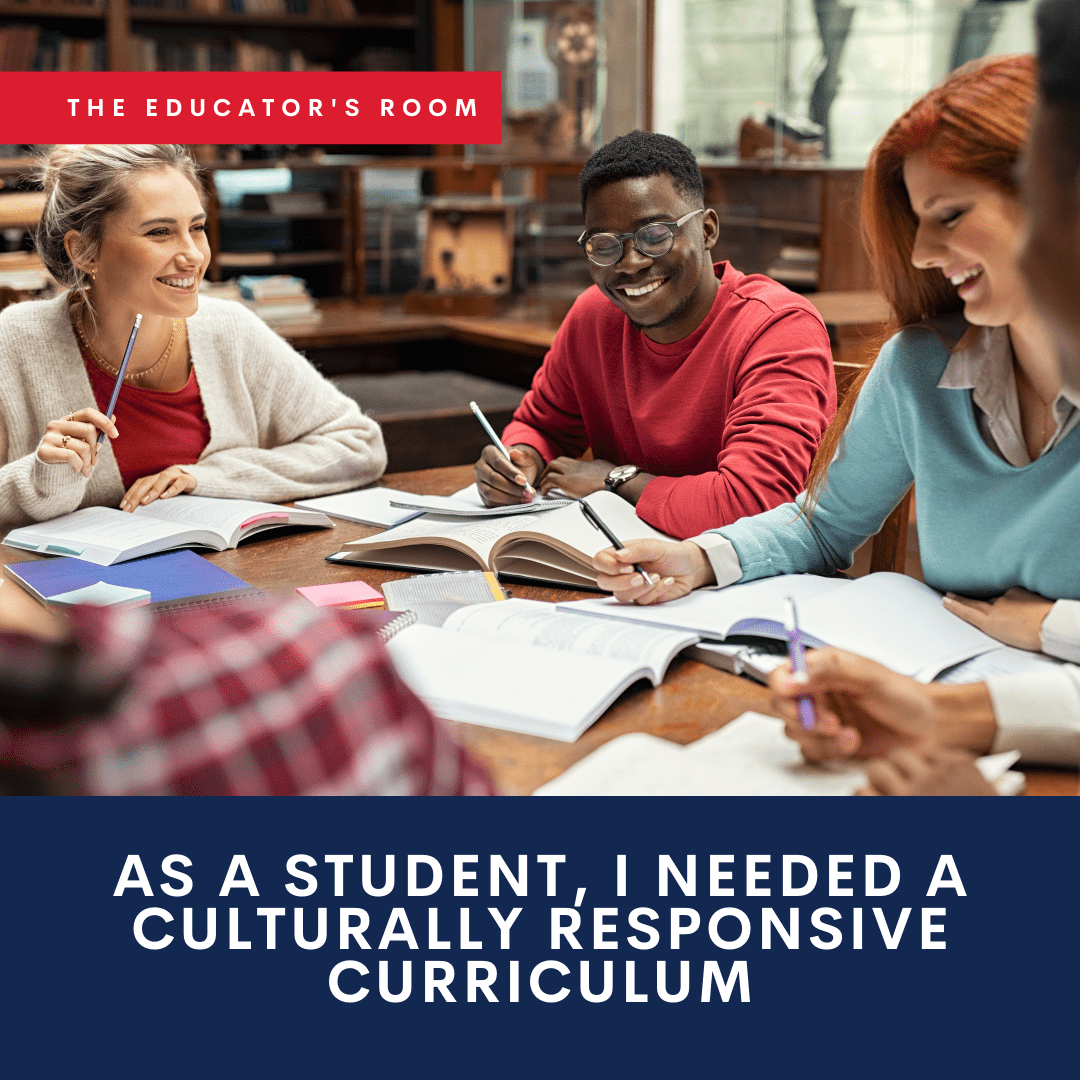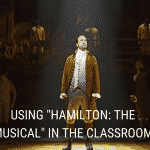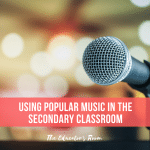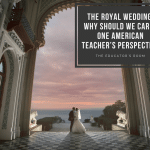By Joshua Dean
When I was in High School, I never questioned the curriculum much. I was too busy thinking about football or my high-school sweetheart. As a graduate student pursuing an MFA in Poetry, I read the Dreams Songs without causing a stir in class. Even when the professor mentioned that John Berryman wrote verse in blackface, using modern ebonics hyperbolically, I didn’t think much of it.
I admit, as the only black poet in the MFA program at Georgia College & State University, I did have a difficult time identifying with the curriculum. While I appreciated Berryman’s wit, I had a hard time appreciating the way he treated my culture’s most famous artifact: language. I enjoyed Robert Lowell as much as the next poet but struggled to identify with his privileged upbringing, which afforded him the opportunity and time to become a poet in the first place.
When it was time to partner with our program chair to begin our manuscript, I felt like I learned a great deal about the craft of Poetry, but something was missing. I found that even the verse that I wrote, was missing something as well.
After my roommate and fellow poet suggested reading Jericho Brown, I knew that something missing was soul, diversity, and depth of perspective. After reading Jericho Brown, who’s verse I found something familiar, I began to search for more poets whose verse reflected my experience as a person of color. I found much delight in Lucille Clifton, Gwendolyn Brooks, Danez Smith, and Langston Hughes.
My verse became playful, youthful, and hope felt restored. While meeting with my professor to review my manuscript, I began to receive higher praise. She said that my voice “never came through the page clearer.”
I am not the boasting type, but I mention my success only to say this–students will struggle in most disciplines if the curriculum does not reflect their culture or experiences. Without standing on the shoulder of giants such as Jericho Brown, Danez Smith, Langston Hughes, or Gwendolyn Brooks, the craft of Poetry was meaningless.
[bctt tweet=”Without standing on the shoulder of giants such as Jericho Brown, Danez Smith, Langston Hughes, or Gwendolyn Brooks, the craft of Poetry was meaningless” username=””]
Now as an English Language Arts Teacher, I am very concerned about the curriculum imposed on students. In 2021, they learn that Christopher Columbus was a hero, who helped Native Americans. Excluding the Civil Rights Movement and black history month, many students of color only learn about their ancestors by way of the Transatlantic Slave Trade. Although their ancestors were the backbone of America, the only sliver of history left to them are historical accounts of slavery and insurrectionist acts against slavery.
Rarely, do they hear about the agricultural acumen of their ancestors? Few students learn about black leaders of thought such as W.E.B. Du Bois, Booker T. Washington, or Marcus Garvey. If black culture is introduced with the same care as white culture, it is because a teacher was wise enough to deviate from the curriculum.
In ELA, students are mostly exposed to authors within the classical scope of literature, which comprises mostly white authors. We teach Edgar Allan Poe, Shakespeare, and Charles Dickens–never Toni Morrison, Zora Neale Hurston or James Baldwin. All students suffer when a euro-centric curriculum omits other cultural perspectives, but none suffer greater than minorities. I often wonder what future awaits students whose culture and experiences are not reflected in the curriculum. Then, I remember, I was once them.
In undergrad, I clung to Charles Dickens’s novels and the dream of visiting Europe. When my African American Studies professor suggested I study abroad in Senegal to learn French, I nodded in agreement–then chose Paris, France instead. She was devastated, but it seemed like the most familiar decision for me, even though I was a foreigner to both countries.
In fact, I had two opportunities to study abroad in Senegal, and both times I chose Paris. My decision was largely influenced by the curriculum I was exposed to as a child. We didn’t learn about Africa in depth. In fact, the history books suggested that they were savages, naked bodies shackled on pages.
In a sense, I began to look at my own culture, my own people through the lens of a foreigner. It is believed that Spivak coined the term “othering,” which means to view or treat a person or group of people as intrinsically different from and alien to oneself.
I only read the classics in college because that was what society deemed worthy to read. I only traveled to Europe, because that was where our curriculum said you must visit. I was caught between two worlds, one I knew about culturally through lived experience, and one I grew to love and appreciate through academics.
Before studying abroad in Paris the second time, I signed up for a site called I-Talki. I-Talki is a site where I could make friends who were hoping to practice their English and I, in turn, could practice French. I became fast friends with a Caribbean woman, named Sandy. She was about a year younger than me, living in the outskirts of Paris, France with her parents.
We agreed to hang out when I arrived. Upon meeting she said, “tu me sembles comme, comme,” she was searching for the words to describe how I was dressed. Struggling to articulate her thoughts, she did a dance, only associated with one person: Carlton Banks. It was the dance where Carlton swung his arms and rocked his hips rhythmically. It is widely known that Carlton was purposefully portrayed as the whitest, black character in television caught between two worlds: the soulful one he inhabited with Will, and the world of academia and prestige. Luckily for Carlton, he had Will to help him navigate the world beyond Bel-Air.
If we truly value kids and their unique culture, our concerns should be reflected in the curriculum. Our kids live in a diverse, challenging world that requires more than a monolithic perspective across disciplines. We must demand more of our schools and the education system as a whole. Our kids deserve better.






